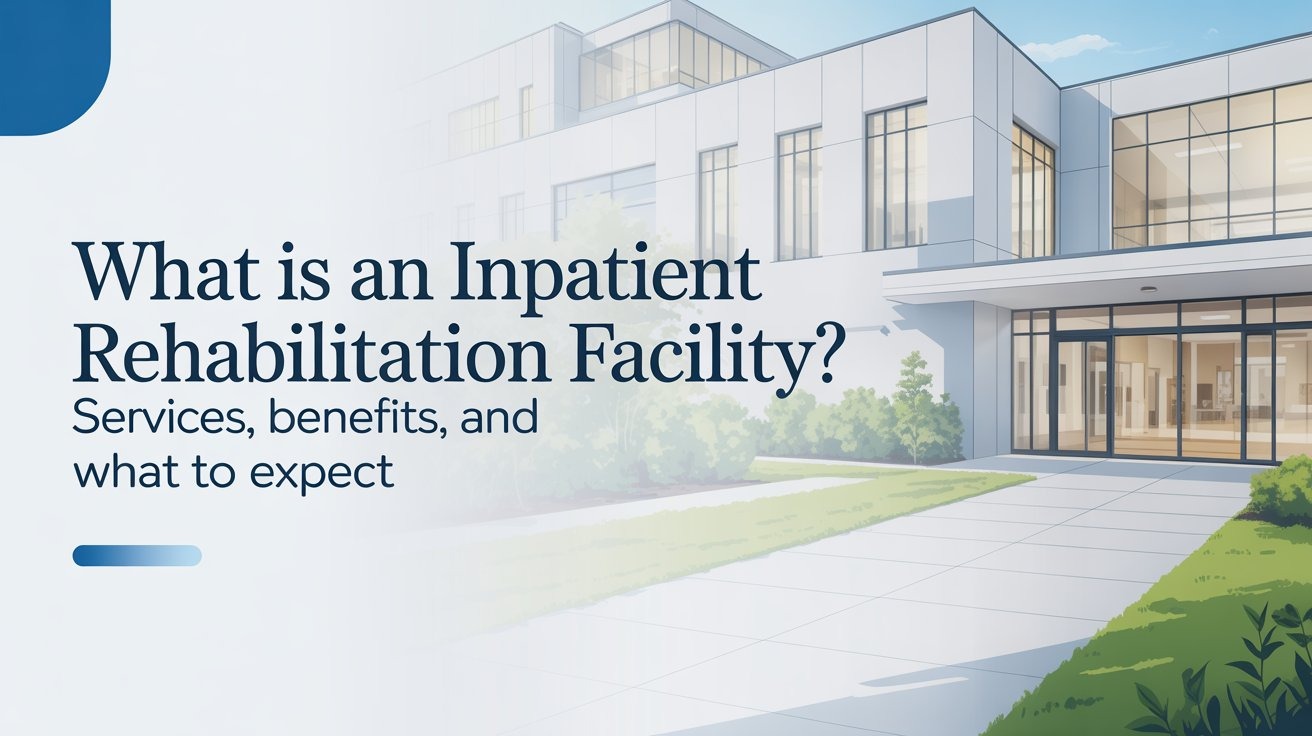You can be sure that it is not always easy to be rid of uncomfortable thoughts or feelings, as you have tried to. Acceptance and commitment therapy (ACT) is a contrasting method and instead of struggling with your thoughts, it teaches you to come to terms with them and live a quality life. In Florida Atlantic Coast Treatment Solutions, ACT is among the most important evidence-based treatments that aid the clients in the management of anxiety, depression, and trauma, among other mental illnesses.
What is Acceptance and Commitment Therapy?
Acceptance and commitment therapy is a form of psychotherapy that is an amalgamation of mindfulness and behavior change techniques. It is not aimed at getting rid of painful feelings but at knowing how to live in spite of them. ACT helps you to accept what is beyond your control and be prepared to act in a manner that aligns with your values.
In contrast to other forms of traditional therapies, which strive to correct negative thoughts, ACT assists in watching them without judging them and doing something towards what you consider to be the most important in your life. Such a change may minimize the emotional distress and heighten other psychological flexibility – the capacity to adjust to unpleasant feelings and proceed with life.
Who Developed Acceptance and Commitment Therapy?
Psychologist Dr. Steven C. Hayes, along with his associates, Kelly Wilson and Kirk Strosahl, constructed acceptance and commitment therapy (ACT) during the late 1980s. They founded the therapy on Relational Frame Theory (RFT), a behavioral theory regarding the ways human beings think and speak. Hayes and his colleagues developed ACT to enable individuals to grow healthier in relationships with thoughts and emotions with the help of mindfulness and action based on values as its basis.
Acceptance and Commitment Therapy Techniques
ACT is a psychological intervention that consists of six key processes aimed at assisting people in gaining resilience and emotional flexibility. These strategies promote perception, reconciliation, and behavior. The following is an examination of some of the fundamentals:
- Acceptance: Accepting what is happening within you (thoughts, feelings, memories) instead of denying or struggling.
- Cognitive Defusion: Getting used to perceiving thoughts as they are, as words or mental processes, but not literal truths.
- Being Present: Remaining active in the present moment through mindfulness meditation.
- Self-as-Context: Understanding that your thoughts and feelings are not you, but you observe your thoughts and feelings.
- Values Clarification: Determining what is really important to you relationships, health, or growth.
- Committed Action: This is taking intentional actions that are guided by your values, even when it is hard.
All these acceptance and commitment therapy methods form a model of behavioral and emotional transformation that is long-term.
How Does Acceptance and Commitment Therapy Work?
During acceptance and commitment therapy (ACT), the therapist will take you through mindfulness-based activities and discussions to help you associate with your thoughts and emotions differently. The idea of ACT is rather to pay attention to negative experiences and accept them than to either control or avoid them.
As an illustration, instead of thinking that you should not feel anxious, ACT will allow you to acknowledge that being anxious is a normal aspect of being human and you can still do what is important to you despite being anxious. This practice over time contributes to having a lesser battle against painful emotions and being more capable of acting within the goals and values.
What are the Techniques Used in Acceptance and Commitment Therapy?
ACT relies on mindfulness exercises, metaphors, and experiential exercises to bring abstract ideas to reality. The following are examples of commonly used techniques:
- Mindfulness meditation: Assists in enhancing mindfulness of the current moment.
- The Leaves on a Stream exercise: This one stimulates the practice of visualizing thoughts that are floating, which means that you can see them and not attach to them.
- Values mapping: Figuring out what matters to you so that you can act intentionally.
- Behavioral commitments: Promotes the action of concrete steps that will be in line with your values even when they are out of comfort.
These implements render ACT realistic and flexible and can be applied to individuals with numerous emotional or behavioral problems.
What are the Limitations of Acceptance and Commitment Therapy?
Though ACT is quite useful to numerous individuals, it is not a universal remedy. Some limitations include:
- Emotional preparation: The individuals who are resistant to self-reflection or mindfulness might struggle at first.
- Absence of short-term solutions: ACT is committed to long-term development, but not to short-term alleviation of the symptoms.
- Therapist experience: The success can be determined by the ability of the therapist to combine mindfulness with a a behavioral approach.
Irrespective of the circumstances, ACT is among the most evidence-based methodologies used in enhancing the level of emotional resilience and well-being.
What Conditions Does Acceptance and Commitment Therapy Treat?
ACT is a flexible methodology of therapy that is applied in the treatment of various mental health and behavioral disorders, such as:
- Anxiety disorders
- Depression
- Post-traumatic stress disorder (PTSD).
- Obsessive-compulsive psychological disorder (OCD)
- Substance use disorders
- Chronic pain
- Eating disorders
It is also helpful to those who need to overcome loss, changes in life and stress over a period of time; otherwise, they can live award-based lives with a punctuated sense of life goals and meaning.

Begin Healing with Florida Atlantic Coast Treatment Solutions
We are Florida Atlantic Coast Treatment Solutions, and we combine acceptance and commitment therapy (ACT) with our individual treatment theories. Our licensed therapists are mindful and compassionate, offering evidence-based care that guides you out of struggle to strength. ACT has the power to make you focus on what is important to you, whether it be anxiety, depression, or substance use.
Ready to take the next step?
Read the call for Florida Atlantic Coast Treatment Solutions today, or call us using our online contact form so that you can find out how our ACT-based programs can lead you to achieve permanent transformation.


